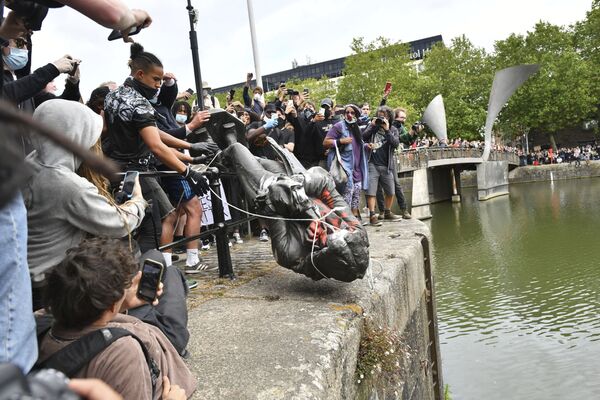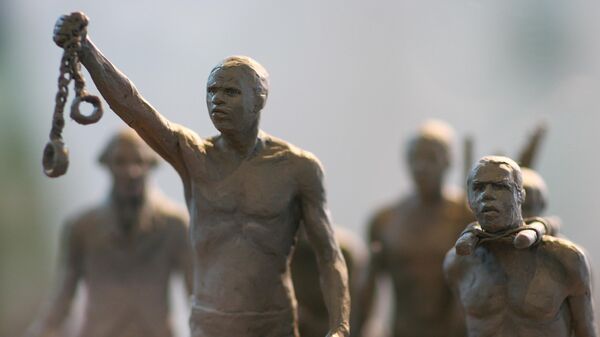According to the data, nearly 100 clergymen, including a bishop, as well as at least six governors and four directors of the Bank of England were named as claimants or beneficiaries from slavery.
The database provides details on about 47,000 people across the United Kingdom, who received some $3 billion, if converted to today's currency rates, as compensations under the terms of the 1833 Abolition of Slavery Act.
The Church of England called its links to slavery "a source of shame", while the Bank of England called the slave trade in 18th and 19th centuries "an unacceptable part of English history".
The Bank of England also pledged to remove images of its notorious former governors who had benefited from the slave trade from being displayed in its building.

The publication notes that on Thursday, three of the world's biggest banking and insurance companies pledged to make payments to projects supporting the black, Asian and minority ethnic communities, after their links to slave trade had been exposed.
Leading UK companies and officials have been prompted to reassess the country's role in the slave trade amid a wave of protests against racial inequality after the killing of African American man George Floyd by police in the US on 25 May.
On 7 June, protesters in the UK city of Bristol tore down a statue of 18th-century slave trader Edward Colston, before dumping the monument in the sea.
Prime Minister Boris Johnson has said that removing controversial statues is akin to lying about the country's history.


